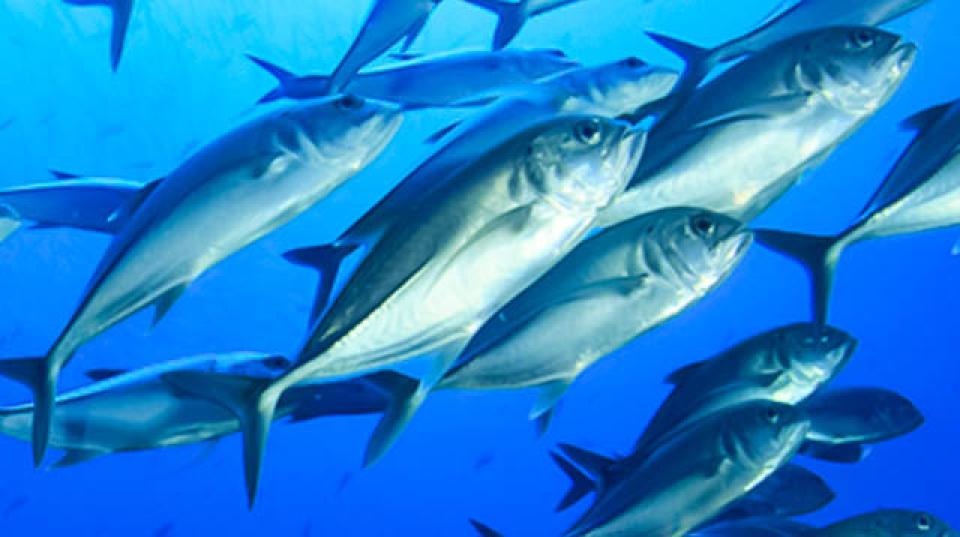Overview
This project aims to assist the Indonesian government (MMAF) and stakeholders to build the basis for system wide monitoring and evaluation of alternative management measures, in terms of their impacts on vulnerable, tuna fisheries dependent communities.
Tuna fisheries in Indonesia are extensive and multi-sectoral, ranging from small-scale to industrial vessels, and with high levels of dependency on these fisheries for livelihoods and food among low income groups. Considerable social, economic and biological risks are associated with implementing management measures that are not tested in a modelling setting first. In particular, linkages and interdependencies between multiple sectors make trade-offs complex in Indonesian tuna fisheries, and raise the prospect of unintended consequences, including the possibility of substantial impacts on poor and food insecure groups.
To enable assessment of the social and economic performance of alternative management measures in terms of their impacts on vulnerable communities, this project will a) synthesise existing knowledge, and identify appropriate methods, in relation to characterising interdependencies and determining fisheries dependency in Indonesian tuna fisheries, b) review national and provincial scale data sources to assess their value for system-wide social and economic monitoring and evaluation in the future and c) produce a draft conceptual framework for the purposes of identifying potential impacts of alternative management measures on vulnerable, tuna fishing dependent communities.
Expected project outcomes
- Synthesising existing knowledge and identifying appropriate methods in relation to determining fisheries dependency in Indonesian tuna fisheries.
- Reviewing national and provincial scale data sources to assess their value for system-wide social and economic monitoring and evaluation.
- Producing a draft conceptual framework for the purposes of identifying potential impacts of alternative management measures on vulnerable, tuna fishing-dependent communities.
- Coordinating activities with MMAF staff and others working on the Management Strategy Evaluation as part of the tuna harvest strategy development process, to ensure the data assessments and framework development undertaken are suitable for potential use in the MSE.



